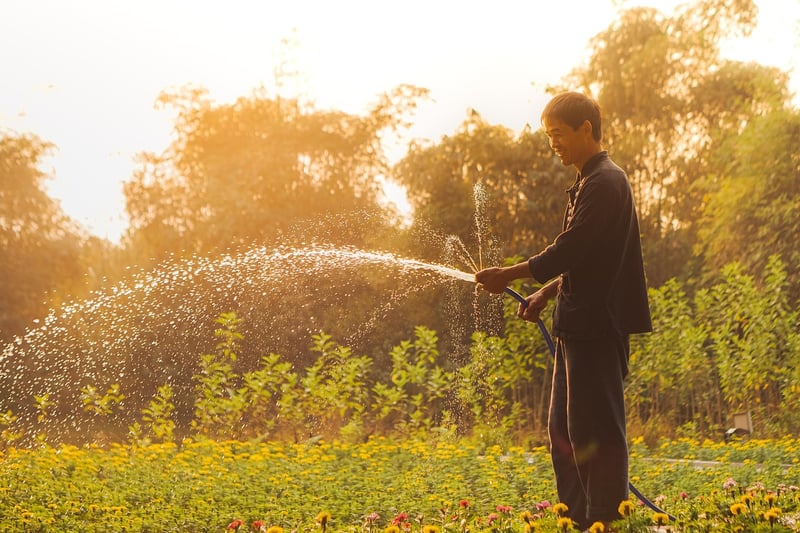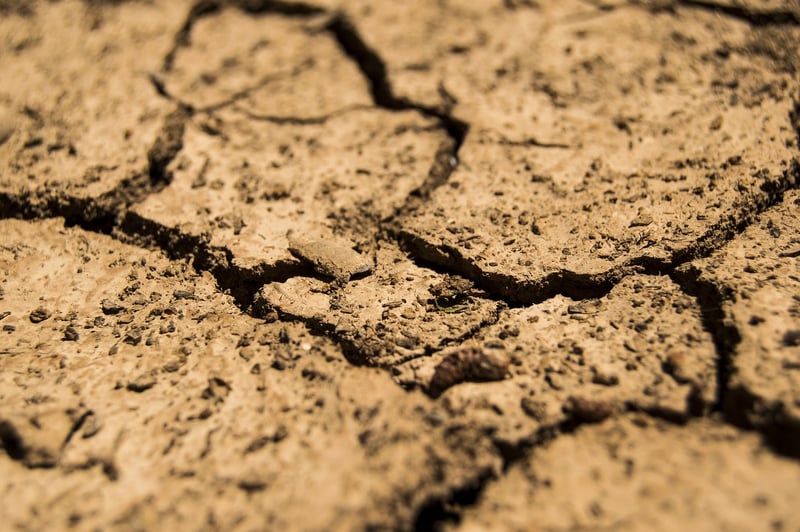Soil Health
The Importance of Soil Health in Gardening
Gardening is not just about planting seeds and watching them grow; it's about creating an environment where plants can thrive. One crucial aspect of successful gardening is ensuring the health of the soil in which your plants grow. Soil health plays a significant role in the overall well-being of your garden and the success of your plants.
Why is Soil Health Important?
Soil is not just a medium for plants to grow in; it is a living ecosystem teeming with microorganisms, fungi, and nutrients that are essential for plant growth. Healthy soil provides plants with the necessary nutrients, water, and support they need to grow strong and resist diseases.
How to Improve Soil Health
There are several ways to enhance the health of your soil:
- Adding organic matter such as compost or manure can improve soil structure and fertility.
- Rotating crops can help prevent nutrient depletion and disease buildup in the soil.
- Avoiding the use of synthetic chemicals that can harm beneficial soil organisms.
- Testing your soil regularly to understand its pH levels and nutrient content.
Importance of pH in Soil
The pH level of your soil can significantly impact plant growth. Most plants prefer a slightly acidic to neutral pH level for optimal nutrient uptake. Testing and adjusting the pH of your soil can help ensure that your plants have access to the nutrients they need.
Conclusion
Healthy soil is the foundation of a successful garden. By understanding the importance of soil health and implementing practices to improve it, you can create an environment where your plants will thrive and produce bountiful harvests.

For more information on gardening and soil health, you can visit Gardening Know How.
